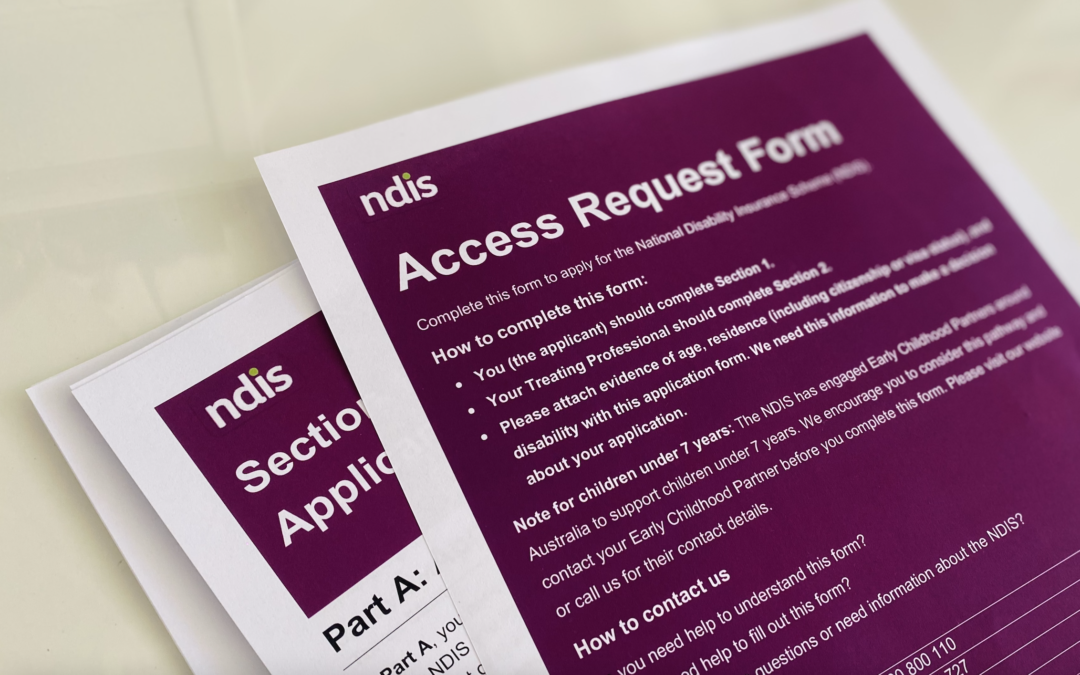The National Disability Insurance Scheme (NDIS) has been accused of failing to support those with a disability, with funding being denied or the process to access funding being prolonged.
A relative of a person living with autism spectrum disorder, Meg Bronner, believes the NDIS is out of touch with those who rely on their services, with funding being made inaccessible to many.
“The process of receiving funding is incredibly complicated and dehumanising,” Miss Bronner said.
“The person who decides whether funding is granted or not has no knowledge of what your actual life is like.
“The process tries to fit you within specific boxes so they can tick off criteria.”
People living with a disability rely on funding provided by the NDIS to overall improve the quality of their lives. The intention behind the funding is to facilitate an array of services including support workers, mobility equipment, and supplies such as nappies and gloves.
Awaiting approval for funding is lengthy, involving preparing an application, obtaining evaluations, and sending it to the NDIS for review, where it is either denied or accepted with a figure attached.
It is often that applicants are asked to provide additional information written by experts to back their claim, prolonging the process further.
Service Planning Officer at Living My Way, Bronte Southwell, works with individuals diagnosed with a disability to assist them in managing their NDIS plans and agrees the process is broken.
“Even when funding is justified there is no guarantee that the individual will receive it,” Miss Southwell said.
“The process is unnecessarily long, with wait times often being over 6 months.
“Then after waiting a long period of time, if the application is approved they just have to settle for an amount that is often less than what they really need.”
After the funding is granted, the monetary value placed on an individual’s plan often means rationing how the funding is spent.
NDIS plans are reassessed yearly, this review can result in funding being decreased from the previous year, based on an assessment of how the individual’s funding was previously spent.
If money goes unspent within the 12-month period this is taken into consideration when it is time for reassessment.
Ms Southwell said that despite the renewed attention the election brought to the NDIS downfalls, there has been no action to rectify the issues around accessibility to funding for those living in the disabled community.

